R”Ahmad” & “Zainab”
Narrative written by Ann de Forest
Photos by Dave Tavani
“Ahmad” and “Zainab” (names changed for the safety of their family still in Iraq) once lived in a peaceful neighborhood of Baghdad. When he was young, Ahmad, now 59, operated a bookstall on Baghdad’s famed Mutanabbi Street, the city’s literary and intellectual heart for more than a thousand years. Later he ran a laundry and dry cleaners in the quarter where they lived. His wife Zainab., now 51, raised their seven children. They always kept their home brightly lit, to show theirs was a generous and welcoming household. Ahmad came from a Sunni family, and Zainab is Shia, but when they first married, none of their neighbors paid attention to sectarian differences or even knew who belonged to which Muslim sect.
They went about their daily lives, under the dictatorship of Saddam Hussein. “If you didn’t have a conflict with Saddam you didn’t have a problem,” says Ahmad. “Of course … those who opposed him were at risk. But the mass population was not affected. … There was security. … At least you knew what to expect.”
Then came 2003. The U.S. invaded Iraq, Saddam fell, and chaos erupted on the streets of Baghdad. Ahmad and Zainab’s life was no longer stable or secure. Shiite militia, violently opposed to America’s presence, took control of their neighborhood. Sectarian differences suddenly mattered. Ahmad and Zainab worried every day that one of their children would be bombed or shot in the street. Their two oldest sons were in the greatest danger. They worked in the Green Zone, as security forces for U.S. defense contractor KBR. The family had to keep their sons’ employment secret from the militia.
“You cannot imagine how bad our daily life was. Innocent people died left and right,” says Ahmad. “Whoever had arms had the power,” adds Zainab. “Guns did the talking.” Despite the ever-present threat of violence, the family continued to live their lives as best they could.
Ahamd ran his business. The younger children went to school. A son and daughter both married and started families of their own. One day, Ahmad came home to a sign posted on their front door: “We know your sons work for the American government.” To keep themselves and their families safe, the sons stopped working for three months, and “tried to stay under the radar,” Ahamd says. The situation stabilized briefly when Iraqi forces took charge of their quarter, but the militia regained control. Ahamd and Zainab decided they had to leave. Their country was falling apart. Their neighborhood had become unrecognizable.
The U.S. offered special visas for interpreters, security forces, and other Iraqis who aided the U.S. government during the war. Ahmad and Zainab applied to immigrate to America, though not without pangs of loss and regret. “For me and my wife, for anyone of our generation,” says Ahmad “all our life and all our roots are in Iraq. This forced emigration — cutting yourself from your home and your history — is very tough. … We left knowing we wouldn’t be going back.”
Having made that tough choice to start a new life in an unfamiliar country, the family still had to wait two years for their applications to be processed and approved. Their married son and his wife preferred to stay in Baghdad, where they now live in the family home. Their oldest daughter also chose at the time not to immigrate with her family. Both families have subsequently applied to leave Iraq. Ahmad and Zainab picked Philadelphia because their other son who had worked in the Green Zone had friends who had already moved there. He hoped that having a network of connections would help him find work more easily.
They received their acceptance from IOM in 2013, and boarded a plane with four of their seven children (their one son preceded them) and flew to Amman then to Rome and finally to Philadelphia. They had never been on a plane before. They had never even been out of Iraq.
The neighborhood where NSC placed them was rougher and dirtier than they had expected. They moved into a rundown house infested with mice and bedbugs. Water and electric bills were startlingly high. Zainab could no longer afford to keep her lights on as a sign of hospitality. Philadelphia was certainly safer than Baghdad, observes Ahmad. He wasn’t constantly worrying that one of his kids would be killed on their way to school. Philadelphia roused different anxieties. Their youngest daughter became seriously ill from the bug bites. Zainab afflicted with high blood pressure and diabetes, couldn’t sleep at night, plagued by nightmares that bugs were crawling over her. She was cleaning all the time, she says, and had to throw out all the family clothes.
“At one point, because of that daily frustration, I thought it would be better to live in Baghdad,” says Zainab. “I didn’t want to live here sick from bugs. I would rather go back and live in my country.“
A few months ago, they finally moved to a new house near the Delaware River. The rooms are clean, sunny, and brightly colored. Even though Ahmad and the kids miss the liveliness of their old neighborhood, a multi-ethnic community around Castor Avenue, with Arab stores and friendly neighbors from Pakistan and China who would say “hello and good morning,” their new house has made a tremendous difference in their well being. “The relief of living in a home that is clean and comfortable is huge,” says Zainab.
After three and a half years, Ahmad and Zainab have begun to appreciate many aspects of life in the United States. They are impressed by the attentive, high quality medical care that Zainahb has received for her diabetes and glaucoma. They enjoy the English classes they attend twice a week at a church in Northeast Philadelphia. In Iraq, no one their age would take classes. “Here there is no age limit to education,” says Zainab. “You can go to school at any age.”
Their four younger children have adjusted to different degrees. The twenty year old, wearing a baseball cap perched high on his head, a tight football jersey and black jeans with neat, symmetrical tears at both knees, says there is nothing he misses about Iraq. “Here I’m good. I’m fine. I got a lot of friends. The people who see me say, ‘you’re not from Iraq.’ All my friends are American.” His twin sister, a senior at Northeast High School, is shyer. She too has made friends and plans to go to Community College of Philadelphia to study nursing. At the same time, she misses Baghdad, especially the tastes of the food. Her mother, she says, still cooks Iraqi food, but in Philadelphia the taste is not quite the same.
Ahmad, tenting his long fingers under his chin, considers what this new life has meant to him: “I lost some things by leaving and also gained some things from being here. At my age, I have many memories of home. I miss my friends, my relatives, and my kids and grandkids that are there. In America, though, I’ve found things that I didn’t actually have in my home country. The human aspect here is great… The interaction between people is friendlier and nicer. I appreciate that.”
America’s new president, though, rekindles old fears. Ahmad worries about Trump’s travel bans. “It makes me nervous,” he says. “What does this mean for us living here? We’ve burned our ties, and we’ve burned our papers. We can never go back.” Says Zainab. “We fled discrimination and racism and insecurity in Iraq we don’t want to see it here.”
When they first moved into their new home, their oldest son bought two American flags as a housewarming present. “This is now our home,” he said, as he planted the flags in a flowerpot. “This is our country.” He set the pot in the kitchen window, above the sink, where the flags could be seen from the street. “This is our flag,” he said.
The idea and ideals of America are what give them all hope, even in uncertain times. “I believe in democracy,” says Ahmad. “I believe in the Constitution of America. I have faith that that won’t fail.”

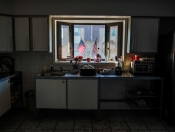
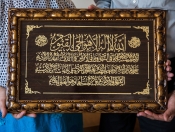
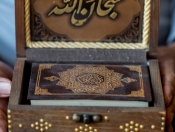
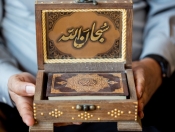
 Emi and Afaq Mahmoud
Emi and Afaq Mahmoud 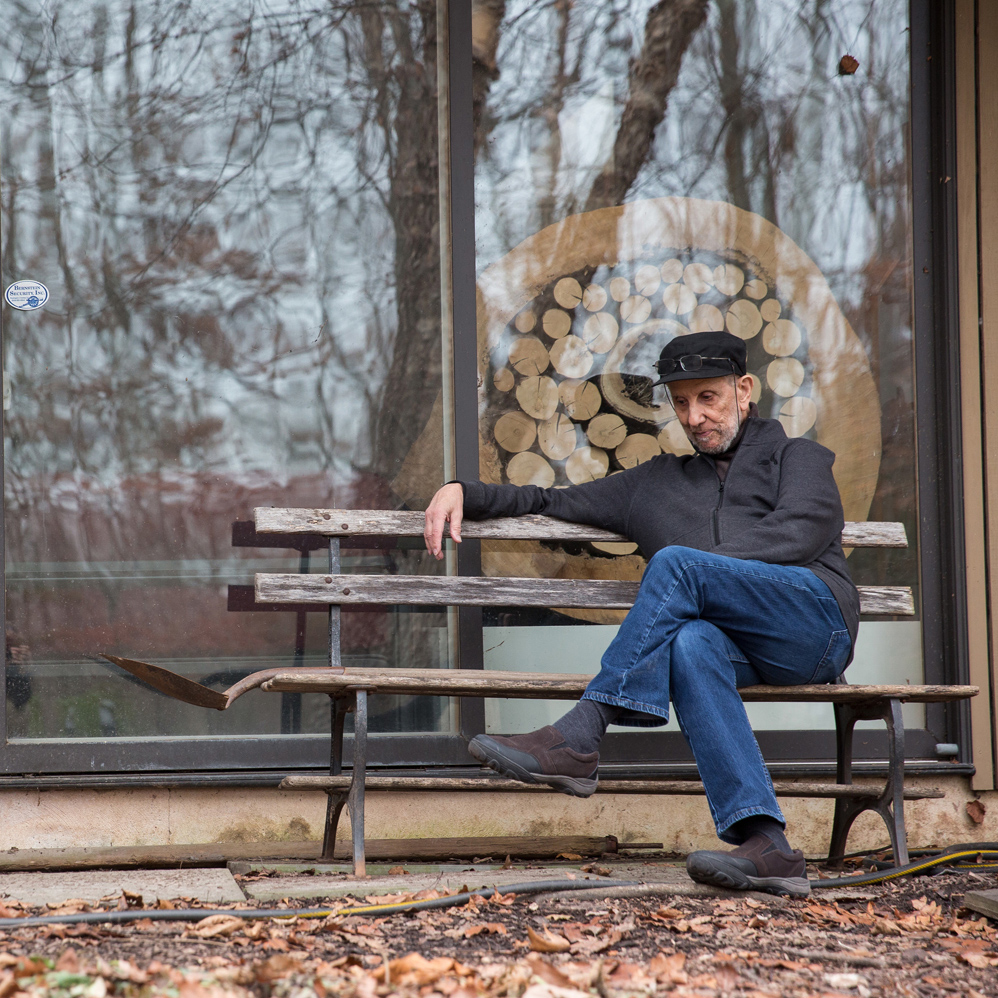 Rajie Cook
Rajie Cook 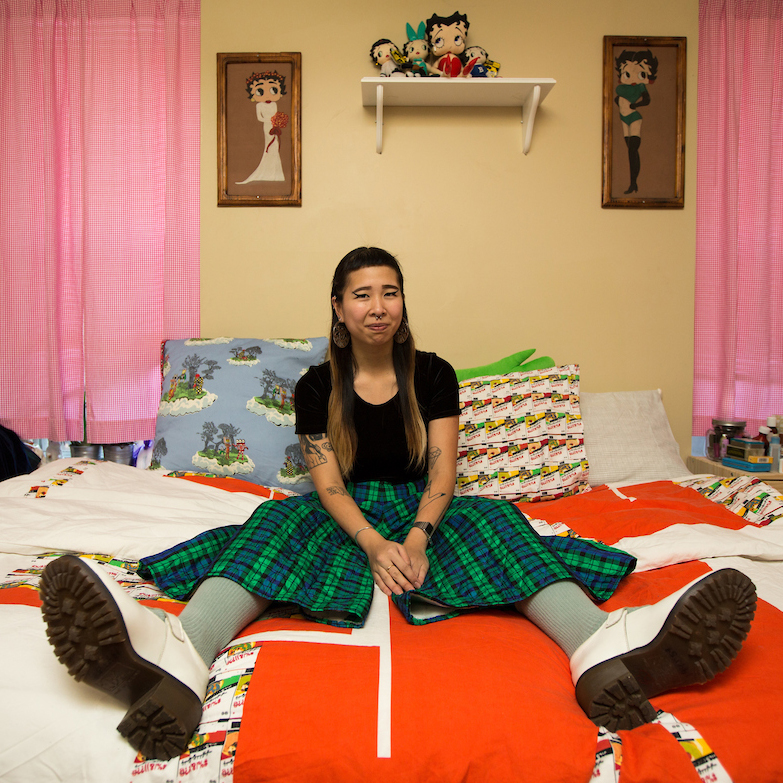 Cocoa Mahoney
Cocoa Mahoney 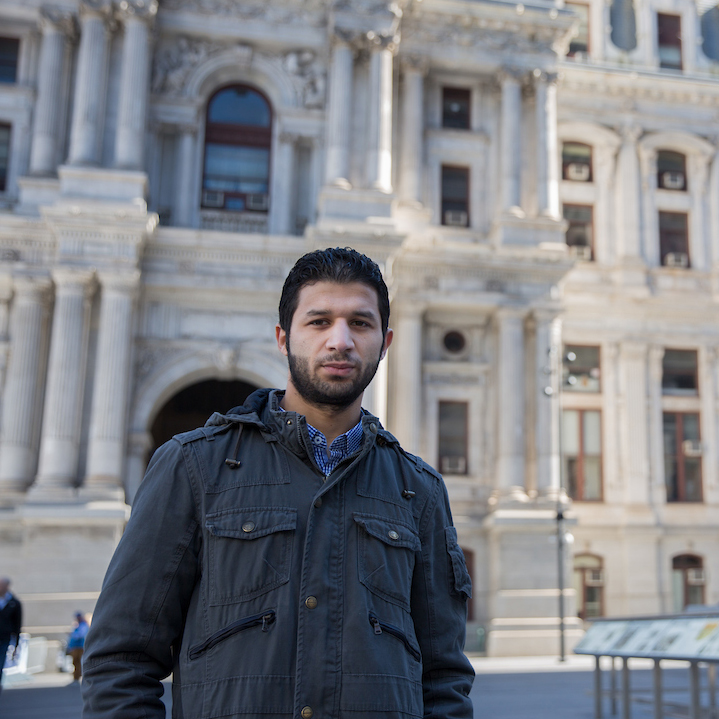 Yasser Allaham
Yasser Allaham 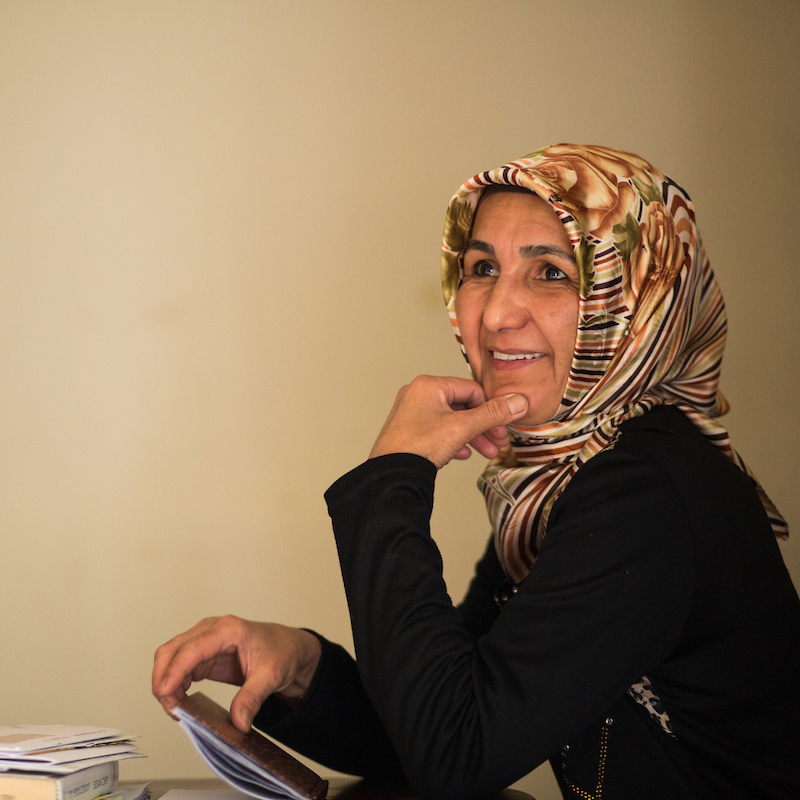 Gulnora Ravshan
Gulnora Ravshan  “Floating Outsider”
“Floating Outsider” 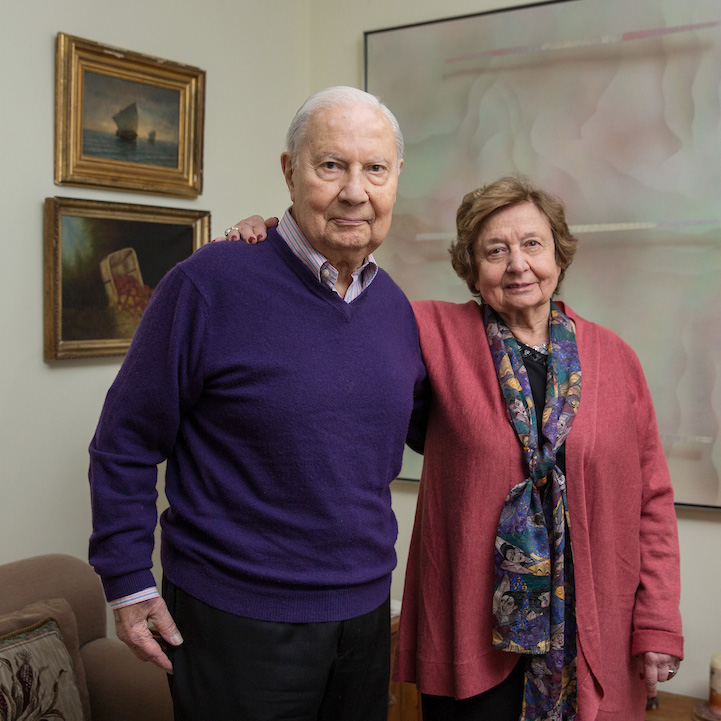 Jack and Gloris Dunnous
Jack and Gloris Dunnous  Maria Turcios
Maria Turcios 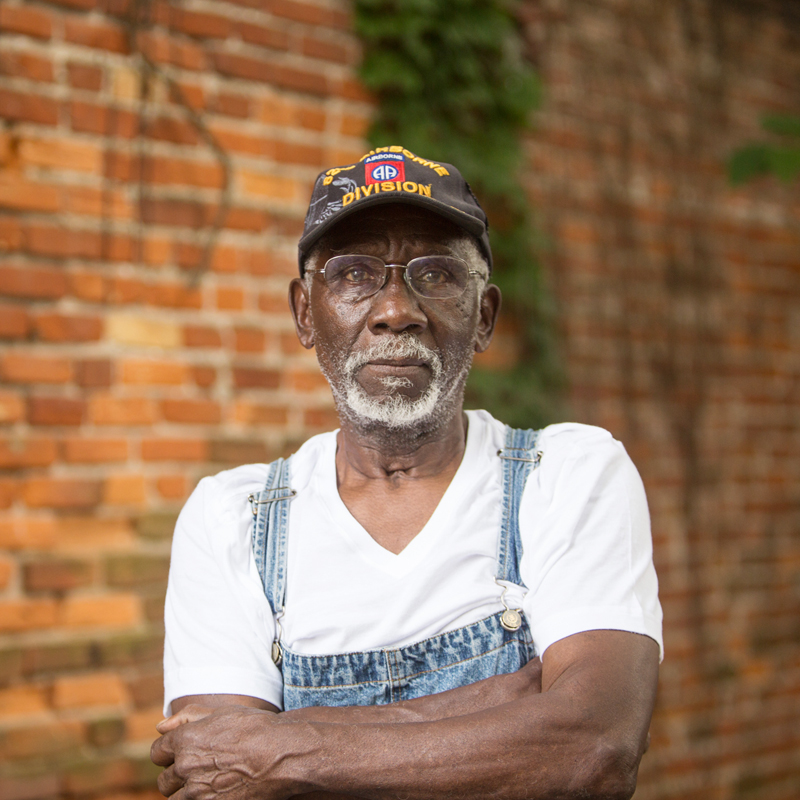 Lafayette El
Lafayette El 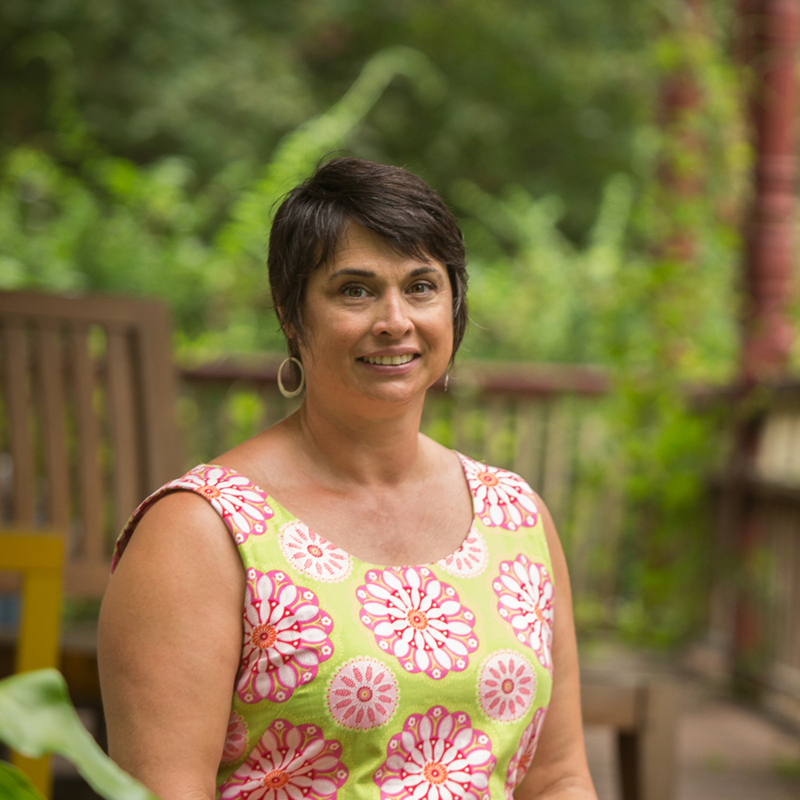 Tara O’Brien
Tara O’Brien  Sophia Simpson
Sophia Simpson